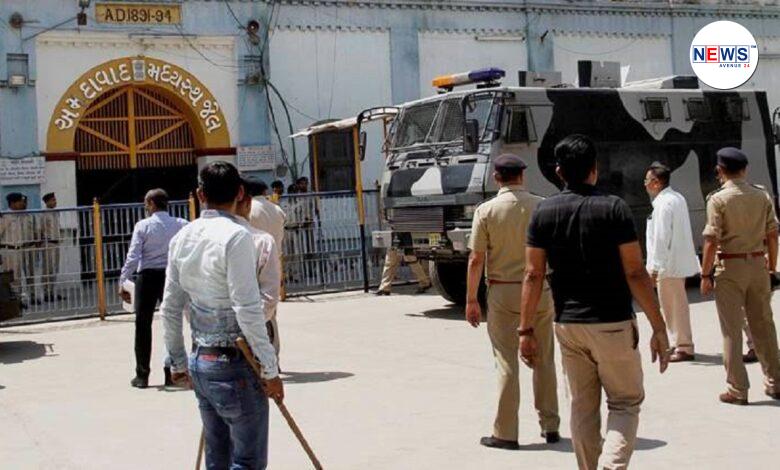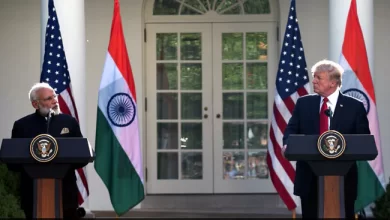
2008 Ahmedabad serial blasts case judgement likely today
At least 56 people were killed and over 200 injured in 21 bomb blasts that rocked Ahmedabad city within a span of 70 minutes on July 26, 2008.
A special court is likely to pronounce its judgement on Tuesday in the case related to the 2008 Ahmedabad serial bomb blasts that claimed 56 lives and for which nearly 80 accused were put on trial, a senior public prosecutor said on Monday. The court had concluded the trial in the more than 13-year-old case in September last year.
Senior public prosecutor Sudhir Brahmbhatt said the verdict is likely to be pronounced on Tuesday as special judge AR Patel, who presided over the trial court, has resumed work after recovering from COVID-19.
The trial court had set February 1 as the date for the judgement, but the matter was deferred to February 8 after the judge contracted coronavirus and went into home isolation.
At least 56 people were killed and over 200 injured in 21 bomb blasts that rocked Ahmedabad city within a span of 70 minutes on July 26, 2008.
The police had claimed people associated with the terror outfit Indian Mujahideen (IM), a faction of radicals of the banned Students Islamic Movement of India (SIMI), were involved in the blasts.
It was alleged Indian Mujahideen (IM) terrorists had planned and executed these explosions as a revenge for the 2002 post-Godhra riots in Gujarat, in which several persons from the minority community had died.
Days after the serial blasts in Ahmedabad, the police recovered bombs from different parts of Surat. Following the recovery, 20 FIRs were registered in Ahmedabad and 15 in Surat.
The trial in the case began in December 2009 against 78 persons connected to the Indian Mujahideen after the court merged all 35 FIRs. The number of accused came down to 77 after one of them turned approver.
Four more accused were arrested later, but their trial has not yet commenced, a senior government lawyer said.
Over 1,100 witnesses were examined by the prosecution.
The accused are facing charges of murder and criminal conspiracy, among others, and they have also been booked under relevant provisions of the Unlawful Activities (Prevention) Act (UAPA), an anti-terror act.
The special court initially heard the case from inside the high-security Sabarmati Central Jail and the proceedings were later conducted mostly through video-conferencing.
When the trial was underway, some of the incarcerated accused had allegedly tried to escape by digging a 213 feet long tunnel in the jail in 2013.
The trial for this jailbreak attempt is still pending.
News Credit: India TV News





